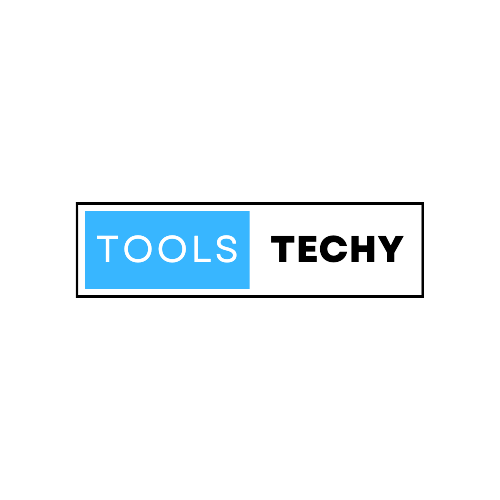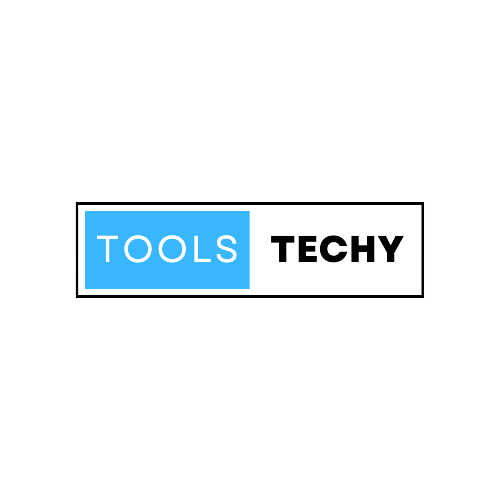AI's Potential to Replace Human Decision-Making in Healthcare
Can AI replace human decision-making in health care?
Artificial intelligence (AI) technologies have advanced dramatically over the last few years and are being applied in more and more domains. One such area where AI is making significant inroads is healthcare. With vast amounts of patient healthcare data available, AI is improving and augmenting clinical decision-making. This article will explore how AI is used in healthcare decision-making, what tasks it can automate or increase, limitations and challenges, and discuss critical aspects of replacing human decision-making with AI.
AI applications in healthcare decision making
Diagnosis support: AI models can analyze patient data like medical images, lab reports, and electronic health records to point out abnormal findings, offer differential diagnoses, and estimate disease risk/likelihood. This helps clinicians by flagging potential issues early, reducing diagnostic errors, and streamlining the process. For example, AI has achieved human-level accuracy in detecting many diseases from medical imaging, like diabetic retinopathy from fundus photos.
Treatment recommendations: By learning from massive clinical databases, AI models can generate individualized treatment plans and proposals based on a patient's profile, comorbidities, previous treatments, etc. This facilitates personalized precision medicine. AI can also simulate potential treatment outcomes for complex conditions to aid clinical decision-making. However, the final decision is left to physicians based on their expertise and experience.
Predicting disease progression and risks: Leveraging large amounts of longitudinal patient data, AI can predict the progression of diseases, response to treatments, and risk of complications or mortality based on a patient's attributes. This helps in proactively managing high-risk cases and improving outcomes. For example, AI models developed by Anthropic can accurately predict hospital readmission risk within 30 days of discharge, aiding care management.
Triaging and routing patients: AI supports triaging patients in emergency settings to optimize resource allocation and prioritize high-acuity cases. It can also guide patients to the most appropriate care settings - primary, secondary, or tertiary - based on the acuteness and complexity of their condition to avoid unnecessary transfers or escalation. This improves access to timely treatment.
Streamlining workflow and work allocation: With its capability to analyze vast amounts of operational data, AI can help streamline clinical workflows, optimize resource scheduling, distribute work efficiently amongst staff, and reduce administrative burdens. This enhances productivity, leading to better patient experiences and outcomes. For example, AI is used in hospitals to streamline prior authorization processes, thereby reducing denial rates.
AI also has roles in automating routine clinical tasks like recording vitals, ordering standard tests/follow-ups, and tracking treatments to reduce clerical burdens on clinicians and support staff. This allows them to focus more on direct patient care. However, human oversight, verification, and clinical reasoning remain paramount in any healthcare decision support system.
Can AI replace human decision-making?
While AI is augmenting clinical decision-making, the complete replacement of physicians is still some distance away due to some limitations:
Inability to understand the whole clinical context: AI models only have access to structured patient data fed into them during training. They need to gain the richer contextual understanding and judgment that physicians develop through medical education, experience with different cases, and the ability to examine the patient physically and comprehend subtle cues. This narrow view can result in oversight of essential details.
Data and algorithmic biases: AI is only as good as the data it trains on. Societal prejudices in historical healthcare databases, lack of diversity in datasets, and algorithm design biases can inadvertently encode certain biases affecting the generalizability and reliability of AI decisions. Constant oversight is required to minimize harm.
Lack of common-sense reasoning: While surpassing human-level performance on narrowly defined medical tasks, AI still needs to gain general human intelligence, common sense, judgment, broad medical knowledge, and the ability to handle ambiguities, atypical presentations, and unknown unknowns encountered in practice. It cannot reason or explain its decisions like expert clinicians.
Factors - Current AI cannot empathize or establish the all-important human connection core to healthcare delivery. Despite technological progress, aspects like bedside manners, breaking lousy news sensitively, handling ethics, patient preferences, and medico-legal issues still require human intelligence.
Opportunity for dual authentication - There are opportunities to leverage the complementary strengths of humans and AI through dual authentication models - where the preliminary AI analysis/recommendation is validated and further optimized by an expert clinician based on their experience before a final decision is made.
Regulatory and adoption challenges: Full autonomous clinical decision-making still needs to be established, given the risks involved. Widespread physician/user adoption requires addressing technical, skills, and cultural barriers through apt change management strategies, demonstrating benefits like improved outcomes and reduced burnout rates over time.
AI's role in healthcare decision-making will likely remain that of a cognitive assistant augmenting clinical expertise rather than entirely replacing it in the foreseeable future. The gradual introduction of AI for specific and standardized lower-acuity tasks in controlled settings, followed by rigorous validation of outcomes, is the way ahead rather than a big-bang disruption. Collaborative human-AI models have more significant potential to optimize the quality of care.
The Future of Healthcare Decision-Making with AI October 2023
Given rapid technological advances, AI's role in augmenting clinical decision-making is poised to grow further in some key directions:
Multimodal data integration: Future AI models may integrate an even more comprehensive array of patient attributes like genomics, imaging, conversational data, ambient sensor data, and socioeconomic factors to develop more customized prognostic and predictive analytics. Advanced sensor technologies will enhance data capture.
Access to real-world data at scale: The availability of population-scale datasets distributed across diverse healthcare systems coupled with robust data-sharing frameworks will result in AI trained on much more extensive and varied real-world evidence. This improves generalizability.
Progression to outcomes modeling: The scope of AI could expand from diagnosis/recommendation to modeling disease progression even for rare conditions, adverse events, and quality of life through outcomes based on the patient's unique molecular/clinical profile and various treatment pathways. This would facilitate personalized precision medicine at scale.
Explainability and continuous learning: Explainable AI techniques will make algorithmic decision-making more transparent and help address mistrust. Constant learning approaches will help AI systems seamlessly assimilate the latest research and evidence as they emerge to stay current.
Multi-stakeholder partnerships: Deeper integration across stakeholders in healthcare involving partnerships between providers, life sciences companies, health plans, researchers, and technology firms will power more robust AI capabilities to enhance the delivery of value-based care.
Human-centered design: A human-centered design philosophy recognizing that healthcare is a socio-technical domain will promote the development of AI as a trusted cognitive prosthetic embedded in clinical workflows and team-based care delivery models to maximize benefits for patients and clinicians.
New applications in public health: AI may get deployed at the population level for early warning disease surveillance from non-traditional data sources, optimizing screening programs, contact tracing to curtail outbreaks, and enabling precision interventions at scale through digital tools.
Conclusion:
While AI cannot fully replace clinical expertise, it has a bright future as a decision-support tool to augment overextended healthcare providers and help manage increasing costs, access, and quality challenges. Standardizing AI adoption through technology frameworks, trials demonstrating outcomes and benefits, multi-stakeholder models, oversight on model performance/updates, and training clinicians on AI capabilities can help accelerate the realization of AI's full potential. Overall, human-AI hybrid models optimizing each's strengths offer the optimal way forward to significantly elevate global public health. However, the human element of empathy, ethics, and personalized care will likely remain indispensable in this transition.
FAQs:
Will AI replace physicians?
No, AI is unlikely to fully replace physicians in the foreseeable future due to its current limitations around understanding the clinical context and its ability to reason and explain decisions. Instead, AI will augment human clinicians by supporting diagnosis, workflow optimization, automated low-level tasks, etc., while the final clinical decision stays with the provider.
How can AI biases impact healthcare?
AI trained on historical datasets prone to selection biases, missing information, and societal biases can inadvertently encode those biases, affecting the reliability of its decisions. This disproportionately impacts marginalized communities, especially minorities. Continuous oversight, responsible data handling, and new de-biasing techniques aim to minimize these impacts.
Will AI reduce healthcare costs?
If implemented effectively after validating outcomes, AI can enhance access to care and reduce inappropriate utilization and costs associated with administrative burdens, hospital readmissions, and adverse drug events through optimized diagnosis, workflow, and predictive risk stratification. However, substantial upfront investments are also involved in developing robust AI tools.
What are the ethical issues around AI in healthcare?
Key issues involve potential harms due to algorithmic/user biases, privacy/security of sensitive personal data, transparency around data/model provenance, oversight on performance changes over time, addressing tech literacy barriers to access, and the potential for exacerbating health inequities if not implemented judiciously. Guiding frameworks aim to incorporate ethics by design.
How will AI impact the future of medicine?
AI and other technologies promise to enable more personalized, predictive, preemptive, and participatory healthcare models through interoperable datasets analyzed at scale. This may elevate outcomes globally by optimizing resource allocation and facilitating precision interventions while reducing provider burnout. However, the human touch will remain vital in upholding compassion and nuanced communication in healthcare delivery.






Comments (0)